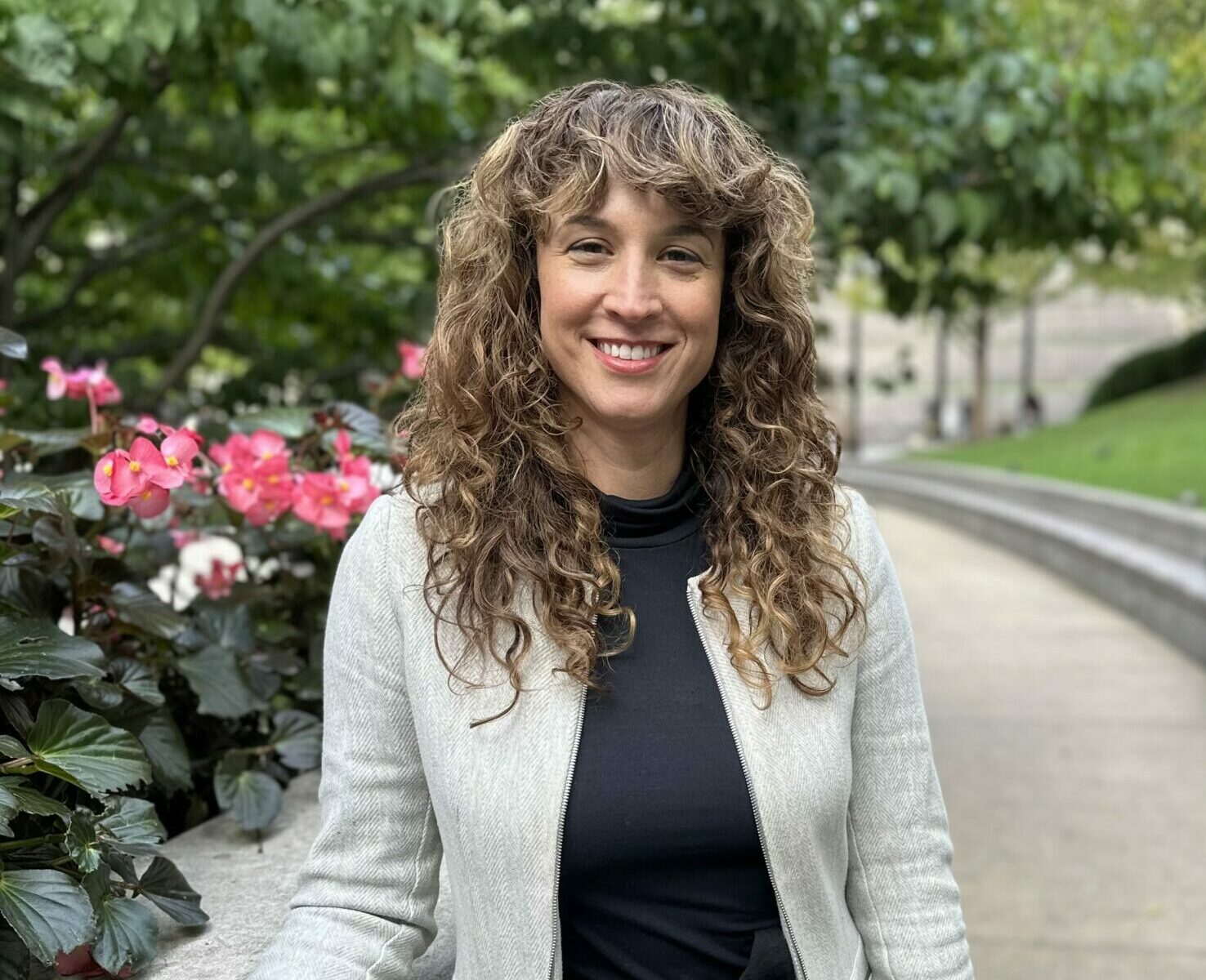June 09, 2025
Nitrate Pollution: A Growing Challenge for Communities of All Stripes
Cancer-causing pollution from agricultural waste plagues rural, suburban, and communities alike. ELPC is fighting to fix it.
By Kathleen Garvey, Senior Attorney
America faces a growing public health crisis due to agricultural pollution in drinking water. When a suburban Chicago community issued a “do not drink” order over the weekend, it highlighted a reality that many farmers understand, but which may be new for urban and suburban residents: what happens on the farm doesn’t always stay on the farm.
What is Nitrate Pollution?
One chemical that leaves the farm is nitrates. Excess nitrate levels have been linked to higher rates of cancer, blue baby syndrome, and other diseases in places like Southeastern Minnesota and rural Iowa for years. Iowa has the second highest rate of cancer in the country and it is one of the only places where cancer rates are rising – not falling – particularly among cancers linked to nitrates.
How does it get there?
Nitrates get into water when excess fertilizer – chemical fertilizers and animal waste from animal feeding operations – is applied to farmland but, for one reason or another, is not absorbed by the crops. Tile drainage, sensitive geologies, overapplication, application to frozen land, and heavy rain can all lead to nutrient loss. Large storms that wash nitrates into waterways are on the increase due to climate change.
This is not the first – or last – time urban and suburban communities have been impacted by nitrate pollution in their drinking water. Des Moines spends millions of dollars in water treatment costs because there is so much agricultural pollution traveling to the city’s drinking water sources from upstream farm fields. Environmental Working Group has identified elevated nitrates in drinking water in large (or very large) urban and suburban systems from Los Angeles to Boston, and all across the Midwest.
What can we do about it?
The incident in University Park, Illinois is a reminder that all water is connected, and what happens in one place may eventually impact us all. That’s why ELPC is taking strong steps, and litigating where necessary, to help bring lasting changes to our broken regulatory system that is allowing corporations to profit while downstream communities – rural, urban and suburban alike – pay the environmental and human health costs. Read more about ELPC’s work to protect the Midwest’s waters from agricultural pollution here:


